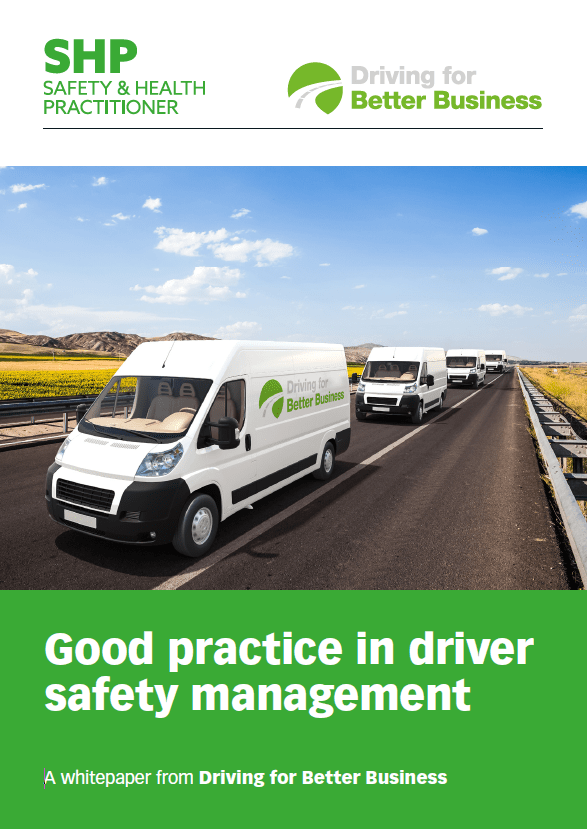Foreign-registered heavy goods vehicles on UK roads are bringing “unacceptable levels of non-compliance with basic road-safety standards”, an influential group of MPs has declared.
The Transport Committee today (24 August) revealed its conclusions on the enforcement activities of the Vehicle and Operator Services Agency (VOSA), recommending to the Government that it ‘works intensively to identify ways to improve enforcement and compliance among foreign-registered HGVs.
Such vehicles account for around 80 per cent of all heavy-goods traffic in the UK and, according to the Association of British Insurers, they are — mile for mile — three times more likely to be involved in a collision than their UK counterparts. Statistics released in May this year by accident management specialist Accident Exchange showed that between March 2008 and February 2009, foreign lorries were the ‘at-fault’ party for one in every 378 road traffic accidents — up 10 per cent on the previous year.
According to the Freight Transport Association, unsafe foreign trucks are giving the UK logistics sector a bad name. Said spokesperson, Jo Tanner: “Seeing obviously unsafe overseas trucks being driven erratically by over-tired drivers is enough to give the sector a bad name, despite the fact that the UK fleet is recognised as the safest in Europe. While UK operators, by and large, operate what is considered to be the gold standard in terms of compliance with safety regulations, operators coming across from the continent, particularly those from eastern Europe, often fall well short.”
The Transport Committee acknowledged that VOSA’s enforcement work is seen as a model of best practice at European level, and that the UK is taking the lead on work to improve enforcement and vehicle safety within the EU. However, it expressed concern over resources, stating that immediate action must be taken if it becomes clear that the number of staff dedicated to high-risk vehicles is inadequate.
But extra funding is not the only solution, it concluded, saying that significant improvement in enforcement activities is more likely to result from better legislation and collaboration with other agencies, such as HM Revenue and Customs, and private ports. The FTA welcomed the encouragement of greater collaboration and information-sharing between agencies but emphasised it needs to happen “not only on this side of the Channel but on the continent too”.
The Transport Committee’s report is available here.
This eBook will guide you through some of the key understandings you need to be able to manage driver safety effectively and, at the end, provide a series of free resources you can access to help you ensure your own driver safety management system is robust, legally compliant and in line with industry-accepted good practice.
Download this eBook from Driving for Better Business and SHP to cover:
- Why do we need to manage driver safety?
- Duty of care – a shared responsibility;
- Setting the rules with a driving for work policy;
- Managing driver safety;
- Ensuring safe vehicles;
- Safe journeys and fitness to drive;
- Record keeping;
- Reporting;
- The business benefits of good practice;
- Additional resources

